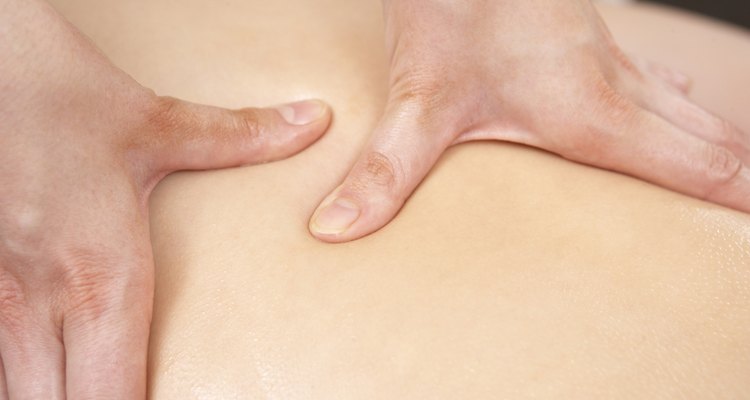
Monkey Business Images/Stockbroker/Monkey Business/Getty Images
Sometimes there’s nothing like a massage to alleviate the stresses of the day and tense muscles. There is also evidence that regular massages can complement treatments for cancer, depression, anxiety and HIV by improving your quality of life. The quality of a massage ultimately relies on hands and technique. Ask your massage therapist about using creams to help treat ailments and improve your overall experience.
A Smoother Experience
Hydrating massage cream moisturizes rough areas of the body as it facilitates the massage. A massage therapist may use thicker emollients for the feet and lighter water-based creams on the back and shoulders. Extremely dry skin benefits most from oil-based massage creams that are gently worked into the skin. A conscientious therapist will avoid rubbing the product completely into your skin, as doing so decreases the moisture-locking effects.
Aromatherapy for Relaxation
Scented creams can promote relaxation during the massage. Aromatherapy, in which essential oils are added to the creams, may increase your overall well-being during a massage session. Essential oils are derived from a variety of flowers, such as lavender, as well as trees, such as melaleuca, also known as tea tree oil. Certain scents may help with anxiety, stress, fatigue and sleeping problems. According to the National Cancer Institute, essential oils may even alleviate issues caused by fungus, bacteria and viruses.
Potential Pain Relief
Some massage creams can help enhance the effects of massage on severe pain in the muscles and the joints. Menthol is a common ingredient in pain-relieving massage creams; it works by numbing the affected area. A therapist may use it to treat chronic back pain, arthritis and certain injuries. Such massage creams should not be applied to open wounds, although they can be used on bruises.
Testing in Advance
One of the worst mistakes you can make during a massage session is to let your massage therapist pick out a cream without discussing it with you. This is especially the case if you have sensitive skin or allergies to fragrances, botanicals and herbs. Signs of a reaction to a product might include rash, hives and peeling skin. As your masseuse to test a product on your skin in advance, or bring your own massage cream.
Related Articles
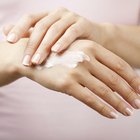
Benefits of Udder Cream

How to Make Homemade Moisturizing Cream ...
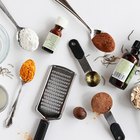
How to Make Your Own Eczema Cream

How to Prepare for Laser Bikini Hair ...

How to Apply Dr. Palmer's Fade Cream

How to Keep Boots from Scuffing

How do I Speed Up the Reversal of Face ...

Herbs That Cause Photosensitivity

Can You Get Rid of Cellulite with ...
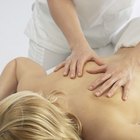
What Are the Benefits of Chocolate ...
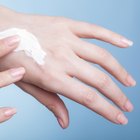
How to Use a Cream With Arginine
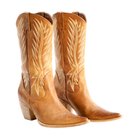
How to Repair Nicks in Leather Boots
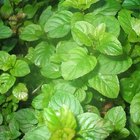
Is Peppermint Oil Good for Skin Care?

Removing Acne Scars With Tretinoin Cream

How to Use Strivectin SD
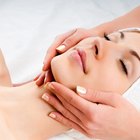
What Are the Benefits of Aromatherapy ...
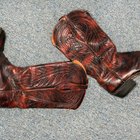
How to Restore Cowboy Boots

How to Make a Warming Lotion

What Creams Can I Use at Home After ...

Tazorac Cream & What it Does for Acne
References
Writer Bio
Kristeen Cherney began writing healthy lifestyle and education articles in 2008. Since then, her work has appeared in various online publications, including Healthline.com, Ideallhealth.com and FindCollegeInfo.com. Cherney holds a Bachelor of Arts in communication from Florida Gulf Coast University and is currently pursuing a Master of Arts in English.
Photo Credits
Monkey Business Images/Stockbroker/Monkey Business/Getty Images